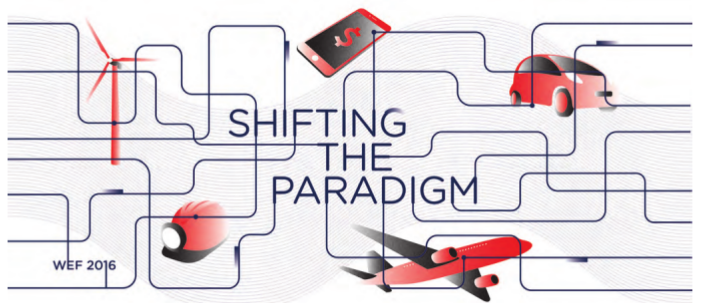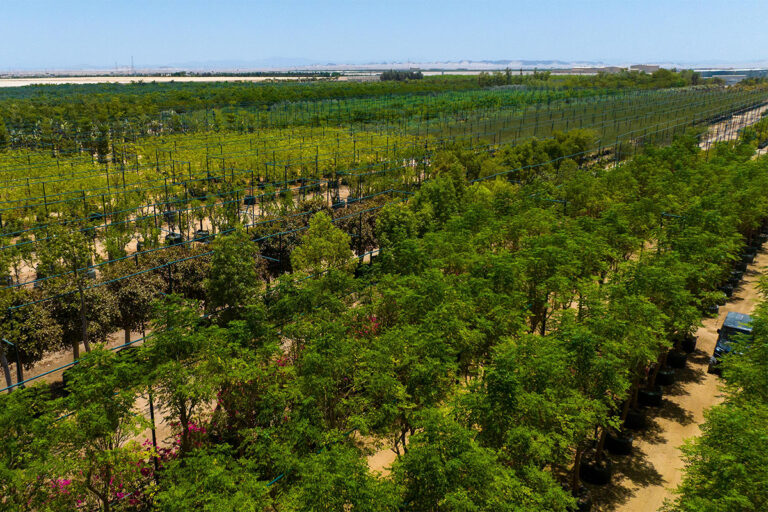The dramatic slowdown in the global economy, combined with widespread political unrest and with existential concerns about the environment, is for many delegates compelling evidence that the growth model of recent years has been exhausted.

The task at hand now is to develop a new way ahead; a new model that harnesses the power of technology and innovation to deliver global economic growth that is both more inclusive and more sustainable.
“The new technology age, if we shape it and contribute to it in a responsive and responsible way, can catalyze a new cultural renaissance that will enable us to feel a part of something much larger than ourselves—a true global civilization, ” Klaus Schwab, Founder and Executive Chairman of the WEF, said last year.
“Innovation is not a fad restricted to technology sector – it is the most important and only sustainable source of economic growth for companies and countries.”
Klaus Schwab, Founder and Executive Chairman, WEF
The theme of this year’s event is ‘Mastering the Fourth Industrial Revolution.’ The technologies needed to deliver a new economic growth model are essentially ready, ranging from the Internet of Everything (IoE) and digital money to alternative fuels, 3D printing, nanotechnology, robotics and even artificial intelligence.
The challenge now is to use these innovations to transform today’s systems of production and consumption, while at the same time delivering growth that creates employment, increases social inclusion and rewards investment.
As this report illustrates, some of the world’s leading businesses are already rising to this challenge in a variety of industries. Manufacturers of cars and trucks are not only evolving towards alternative fuels but are using Internet technologies to position themselves as providers of integrated mobility services, working with governments to improve the quality of life in the world’s fast growing cities.

Giant mining multinationals, faced with a continued downturn in commodity prices, are transforming into long-term partners for national and regional development. In the financial services sector, telecommunications companies, banks and exchanges are developing new ways of accessing the unbanked and mobilizing capital for sustainable investments.
Meanwhile, policymakers are working hard to ensure that new regional trade and investment agreements raise the bar for environmental protection and employee rights worldwide.
“People need to realize not only that the paradigm has changed, but that they have to do something about it.” Chris White, Senior Vice-President of IoE, Cisco
Just as coal and steam powered the first industrial revolution, it is communications technology that is fuelling today’s transformation.
Networking giant Cisco estimates that IoE, the networked connection of people, processes, data and things, represents an opportunity to generate $19 trillion of value in the private and public sectors.
Chris White, the company’s Senior Vice-President of IoE, says that partnerships between the sectors will be the key to unlocking this value.“Digitalization and technology are not just issues for technocrats,” he says. “They should be on everyone’s agenda. Companies and public sector organizations need to think about forming new partnerships to drive transformation forward.”
As the WEF begins, a consensus is already emerging among participants—the time for action is now. Technological and social change is happening so quickly that today’s mechanisms for governance and growth are already looking outdated.
“My main worry is that people aren’t taking advantage of the opportunities of innovation fast enough,” White says. “We need to look at what we can today and accelerate what we are doing, if we are to successfully transform our businesses, cities, countries and our entire society.”![]()










